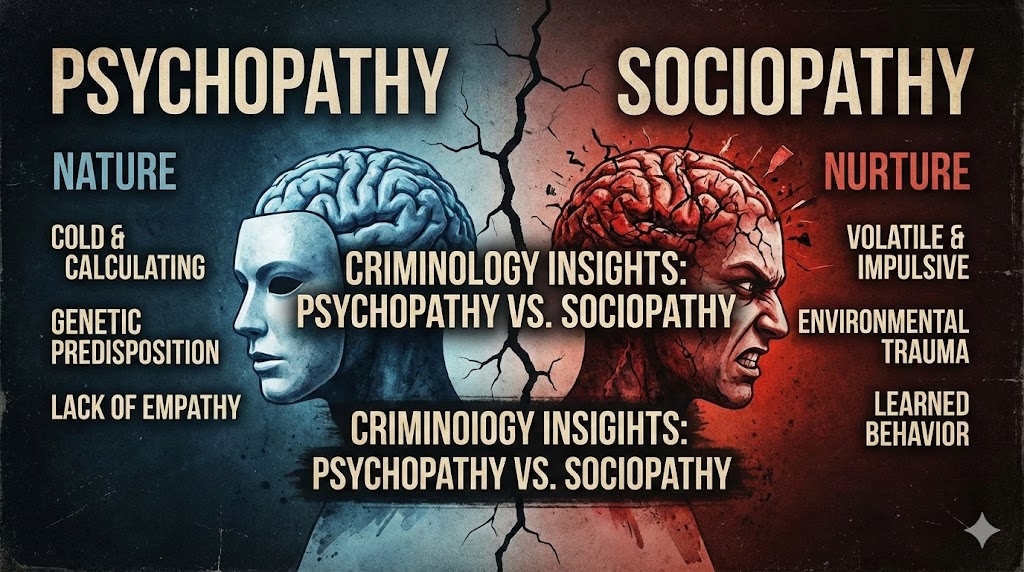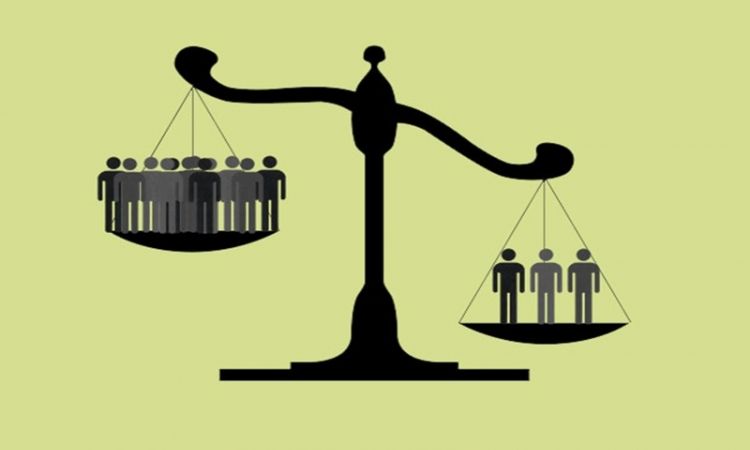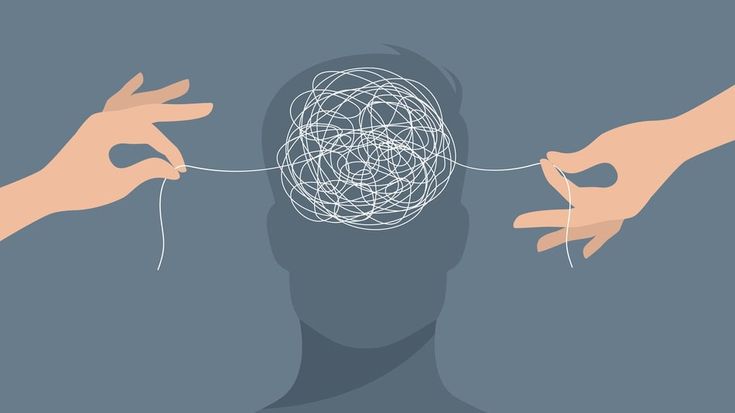- Why Society Needs Criminals: The Durkheim Paradox
 by MarthaConill1. The Fundamental Premise: The Normality of Crime From a functionalist perspective, Durkheim broke with… Read more: Why Society Needs Criminals: The Durkheim Paradox
by MarthaConill1. The Fundamental Premise: The Normality of Crime From a functionalist perspective, Durkheim broke with… Read more: Why Society Needs Criminals: The Durkheim Paradox - Social Control Theory
 by MarthaConill🧠 Why We Don’t Break the Law: Hirschi’s Social Control Theory The fundamental premise of… Read more: Social Control Theory
by MarthaConill🧠 Why We Don’t Break the Law: Hirschi’s Social Control Theory The fundamental premise of… Read more: Social Control Theory - The Rational Choice Theory
 by MarthaConill🧠 The Rational Choice Theory (RCT) of Clarke and Cornish: A Criminological Framework The Rational… Read more: The Rational Choice Theory
by MarthaConill🧠 The Rational Choice Theory (RCT) of Clarke and Cornish: A Criminological Framework The Rational… Read more: The Rational Choice Theory - Routine Crime Theory
 by MarthaConillThe Routine Activities Theory (or Routine Crime Theory) was proposed by Lawrence E. Cohen and… Read more: Routine Crime Theory
by MarthaConillThe Routine Activities Theory (or Routine Crime Theory) was proposed by Lawrence E. Cohen and… Read more: Routine Crime Theory - Theory of Operant Conditioning
 by MarthaConillThe Theory of Operant Conditioning is a fundamental concept in behavioral psychology, primarily developed by… Read more: Theory of Operant Conditioning
by MarthaConillThe Theory of Operant Conditioning is a fundamental concept in behavioral psychology, primarily developed by… Read more: Theory of Operant Conditioning
THEORIES
Hello, I’m
Martha Conill

Welcome to Crimiphobia, my personal space where I post interesting information and the knowledge I’m learning about the world of criminology. I invite you to explore my page and discover very interesting things, facts you didn’t know, interview transcripts, information on the most wanted criminals, unlimited debates, and a good dose of criminological knowledge. Come in, we don’t bite!
Let’s connect
Fact #1
Punishment does not correct, it creates criminals





